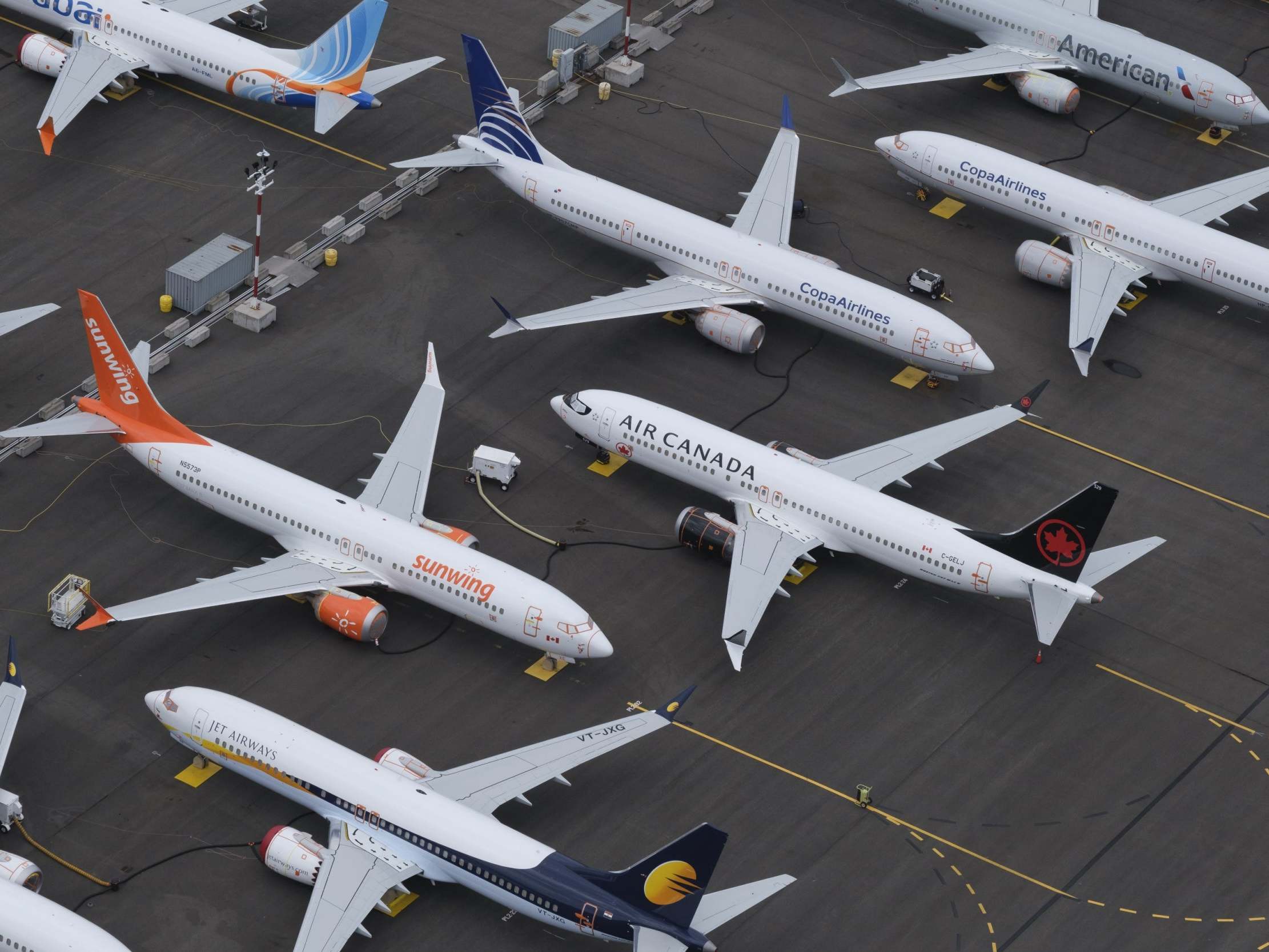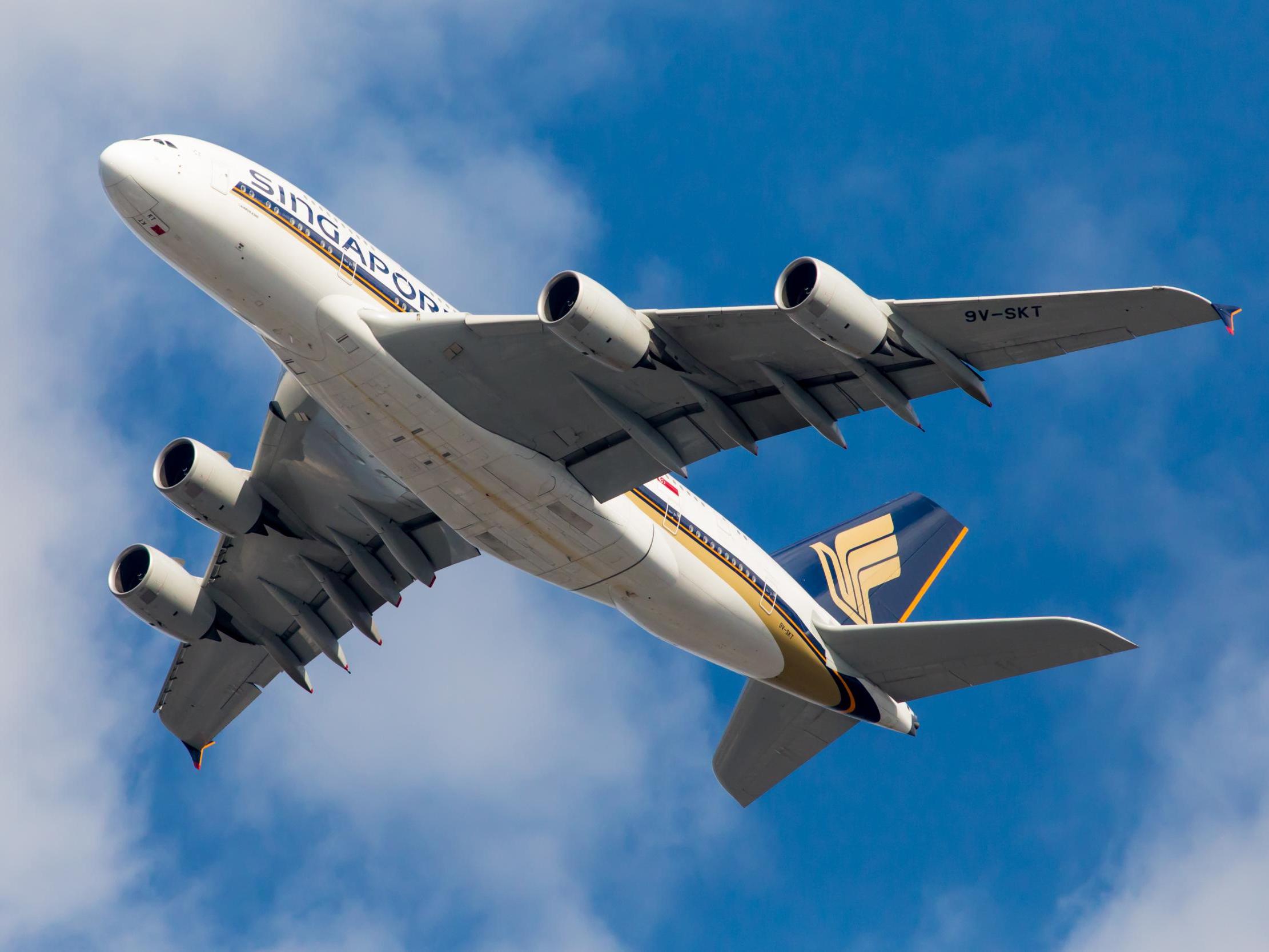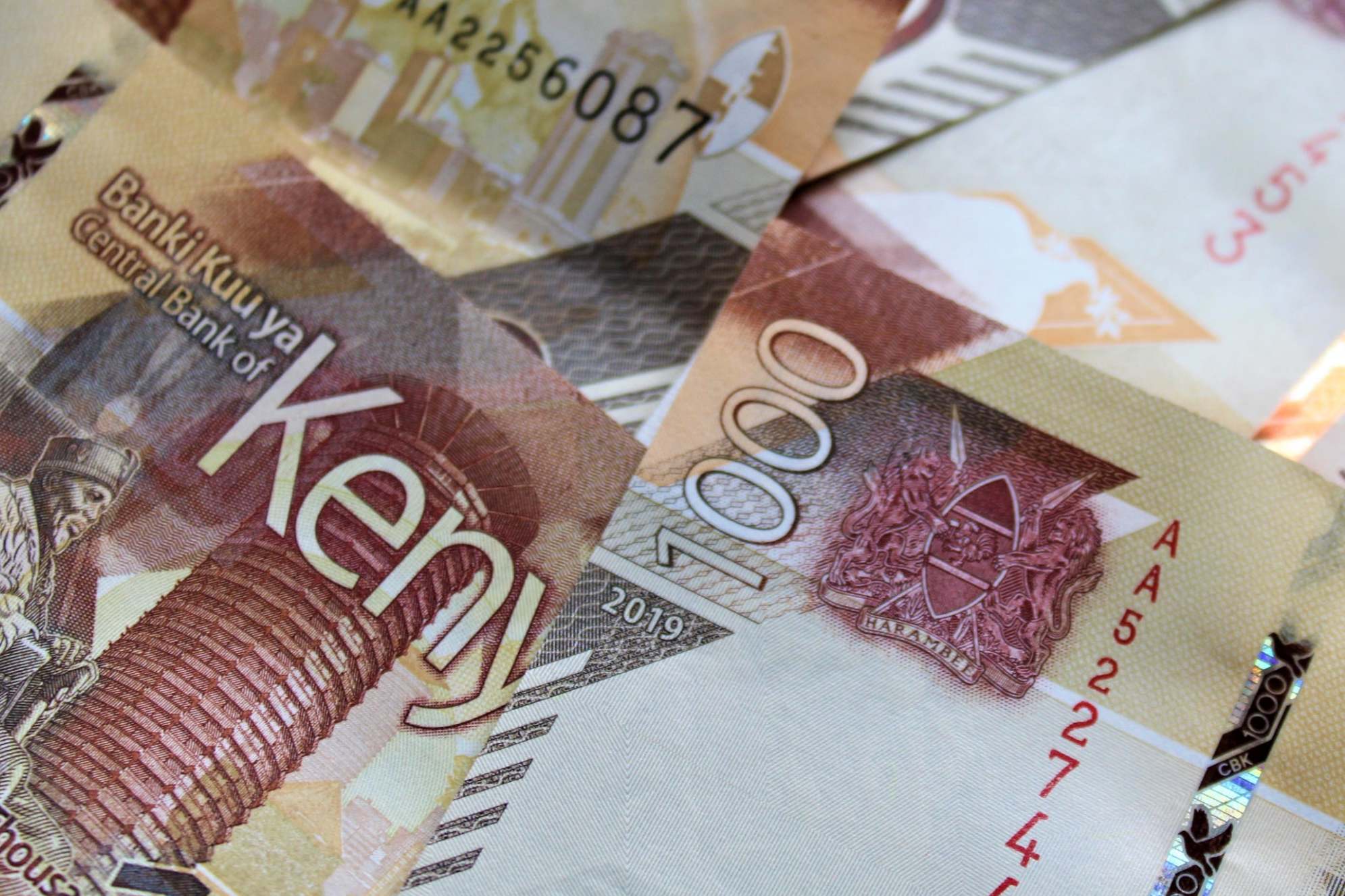Boeing 737 Max: Can I refuse to fly on the updated aircraft?
Simon Calder answers your questions on flight safety, getting charged for economy seats, bad weather and Kenyan currency


Q When I book a flight, I can check on the type of plane the operator is proposing to use. Can I specify that I will only accept the ticket if that type of plane is used? If the airline switches the plane to one I am not happy with (say because of a poor safety record) can I expect any redress if I refuse to fly?
Name supplied
A I presume you are asking because of concerns you have over the Boeing 737 Max. This is the plane whose flawed design led to two tragedies that between them claimed 346 lives. The aircraft type has been grounded worldwide since the second tragedy in March, but the planemaker says it is likely to fly before the end of the year and return to full service shortly after that – having had comprehensive software updates that are intended to rule out any repeat of the two crashes.
A straightforward first line of defence is to not book with airlines that have already received the Boeing 737 Max or those carriers with firm orders for the aircraft. They include Tui Airways (using them mainly to fly package holidays to short-haul destinations); Norwegian, which operated the type across the Atlantic and also within Europe; and Ryanair, which has 210 Max aircraft on order in a unique, high-capacity configuration, called the Max 200.
Conversely, easyJet has long been an Airbus-only airline, and Jet2 has none of the Max variants of the Boeing 737. While British Airways’ parent company, IAG, has signed a letter of intent for 200 of the aircraft, no formal order has been placed. Like easyJet, the only short-haul aircraft its mainline unit operates are made by Airbus.
Yet even though it is extremely unlikely that your easyJet or British Airways flight in the next few years would be operated by a Boeing 737 Max, it is impossible to rule out the possibility. All airlines reserve the right to substitute a different aircraft type if circumstances dictate. In the past, for example, I have booked a flight on easyJet and expected an Airbus A320, but ended up on a Boeing 737 operated by Titan Airways – a supplier of “ad hoc” capacity to airlines that are short of planes.
You could contact the airline before committing to a flight, and explain that you regard not flying on a Boeing 737 Max as an essential contract term. But I would be surprised if any carrier would contemplate such an agreement. So all you can do is hope for the best. If it is of any comfort, I enjoyed flying on the Boeing 737 Max before its grounding and look forward to doing so again.

Q We have just booked a holiday to Australia with Singapore Airlines. How long has it been since airlines started charging for seats in economy class? We are stopping off in Singapore and have had to pay for seating on each of the four flight legs. I think this is disgusting.
David K
A I am concerned to read that you “had to pay” for seats on your flights. I presume that on top of the cost of your trip you chose to pay extra for specific seats on the plane from the UK to Singapore and back, and on the Singapore-Australia legs as well.
Some airlines have been charging for specific seat allocations for about a decade; they find the practice a valuable source of “ancillary revenue”. Others will apply charges for pre-booked seats for those passengers who choose to pay the lowest fares, but those who pay more get them for free. And some are happy to book seats for you at the time of purchase and do not charge extra.
A good travel agent will talk you through the options, suggesting airlines that do not charge, and also offer advice on seating strategies on the various carriers. For example, I have never once paid to reserve a seat on British Airways, but have always sat with my travelling companions: enough seats remain unallocated to offer some humane seating possibilities for those of us who prefer not to pay.
On other airlines, I find it is normally straightforward to find suitable seating arrangements without paying. The one exception (which is clearly irrelevant for long-haul flying) is Ryanair, which does not try to sit passengers on the same booking together, unless they pay.
At the risk of cheesing you off even more: even though you have paid extra, there is no absolute guarantee you will occupy the seats you expect. All manner of problems can intervene, from a late change of aircraft type to a group of travellers with special requirements taking your places. But in my experience the excellent Singapore Airlines ground staff or cabin crew will sort out the issue to your satisfaction.

Q We read your article about bad weather in the Bay of Biscay and how it affected two cruises. Does this happen very often, and is there anything one can do to minimise the chances of disruption?
Lynda H
A Passengers on Royal Caribbean’s Explorer of the Seas have had a bit of a rough time as the cruise line has done what it can to avoid adverse weather. The vessel had been on an 11-day cruise from Southampton around the Canaries and was on its way back to the Hampshire port when she was advised to remain south of a storm system that was barrelling in on the Bay of Biscay.
Ports of call in northern Spain were cancelled. Instead the ship called at Malaga and Lisbon. Passengers were offered the chance to get off in the Portuguese capital and fly home, or extend their cruise by three days. Worse news awaited the Royal Caribbean customers due to sail from Southampton to Miami. To make up for the three lost days, four lovely Caribbean islands have been stripped from the itinerary: Antigua, Barbados, Dominica and St Lucia. Those who no longer wish to travel have been offered refunds.
Poor weather rarely affects planned itineraries to this extent; the main storm effects are around the fringe of the June-October hurricane season in the Caribbean, and in winter in Europe. But pre-cruise changes for other reasons can happen frequently – with some planned stops cancelled and others occasionally added. Rarely are passengers offered a refund.
I get lots of complaints from cruisers who discover that the key cities or islands that persuaded them to sign up have vanished from the chart, sometimes being replaced with places the disappointed customer has already visited or has no interest in seeing. So my recommended strategy is to book late to avoid disappointment. The closer to the departure date you buy, the less scope there is for things to go awry. And the more chance that fares will fall.

Q I exchanged sterling currency for Kenyan shillings at my bank on 23 September and flew out early in October. When I came to use the paper currency, I was told that the 1,000-shilling note had been withdrawn from legal tender on 30 September. So I brought back lots of these notes, and I intended to exercise the “buy back” option. But the bank now says that option on these notes was withdrawn on 30 September. What are your thoughts on this?
Jane D
A Plenty of foreign-exchange providers offer the option to buy back unused currency at some sort of preferential rate and/or with a commission-free promise. I am not aware of any “sale or return” options these days, where you get the same rate as you paid in the first place, but buy-back makes it less expensive to change back small amounts of a foreign currency than it would otherwise be.
For a bank to sell you currency in the first place that was about to lose its validity one week later is inept. For you then to be told that the buy-back agreement no longer applies, and your currency is worthless, is plain wrong. I suggest you have a stern word with your bank and say you will take your complaint to the Financial Ombudsman Service if you do not get the refund at the agreed rate for the notes you wish to change back.
Meanwhile, perhaps I can advise on money management for your next trip to Africa. As you might have observed on your trip to Kenya, taking cash is a great idea – but ideally in US dollars, or failing that pounds sterling, but certainly not Kenyan shillings. In the UK, every African currency – with the possible exception of the South African rand – is regarded as “exotic”. That means you are certain to get a poor rate at bureaux de change.
I have just checked rates among specialist bureaux de change for the Kenyan shilling, and it is roughly 120 to £1 – a good 10 per cent less than the “interbank rate”. While you and I are never going to get the interbank rate, buying on arrival in Kenya will certainly get a 5 per cent improvement. Even withdrawing cash on your debit card from an ATM – normally a bad plan because of the charges applied – would be a better plan.
When I am travelling to Kenya and elsewhere in east Africa, I exchange sterling for US dollars at a good rate here, which is reasonably easy, and shop around to find the best local rate for dollars to shillings.
Email your question to s@hols.tv or tweet @simoncalder
Join our commenting forum
Join thought-provoking conversations, follow other Independent readers and see their replies
Comments
Bookmark popover
Removed from bookmarks